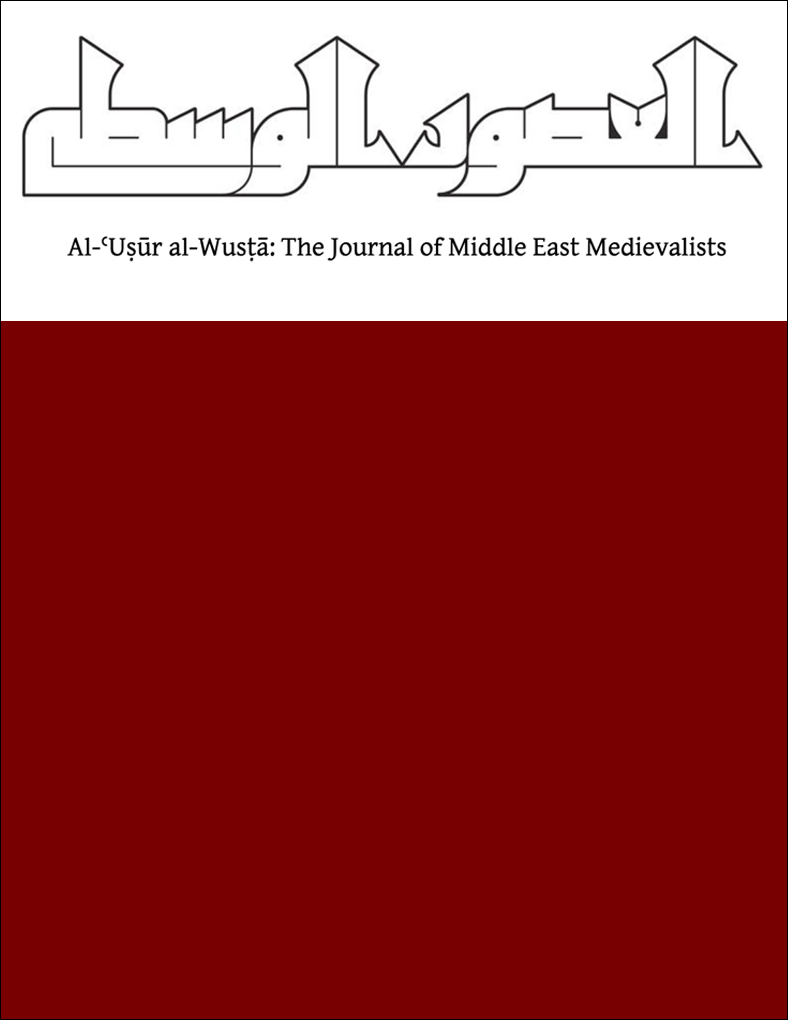Abstract
This article examines the diachronic development of Shiʿi exegetic discourse on the sentence Khalaqakum min nafs wāḥida wa-khalaqa minhā zawjahā (“created you from a single soul and created its mate from it”) in the Quranic verse 4:1, customarily read as describing the creation of the first couple, Adam and Eve. Applying feminist discourse analysis and focusing on the Arabic-language commentaries of twelve premodern Imāmī exegetes from the third/ninth to the eleventh/seventeenth century, my study reveals that the medieval commentary material both accumulated and transformed along a hermeneutical trajectory comprising three distinctive discursive stages. The first stage established the lore on Eve’s creation in dismissive terms, and the second strengthened these misogynous views to make the potential substance of Eve’s creation even more negligible. This concept was further expanded in the third discursive stage, in which the weak woman, inclined toward the material and the corporal, was seen as created to provide service and entertainment for the man. Her creation was thus used to justify gender hierarchy, even the seclusion of women.

This work is licensed under a Creative Commons Attribution-NonCommercial-NoDerivatives 4.0 International License.
Copyright (c) 2021 Katja von Schöneman

